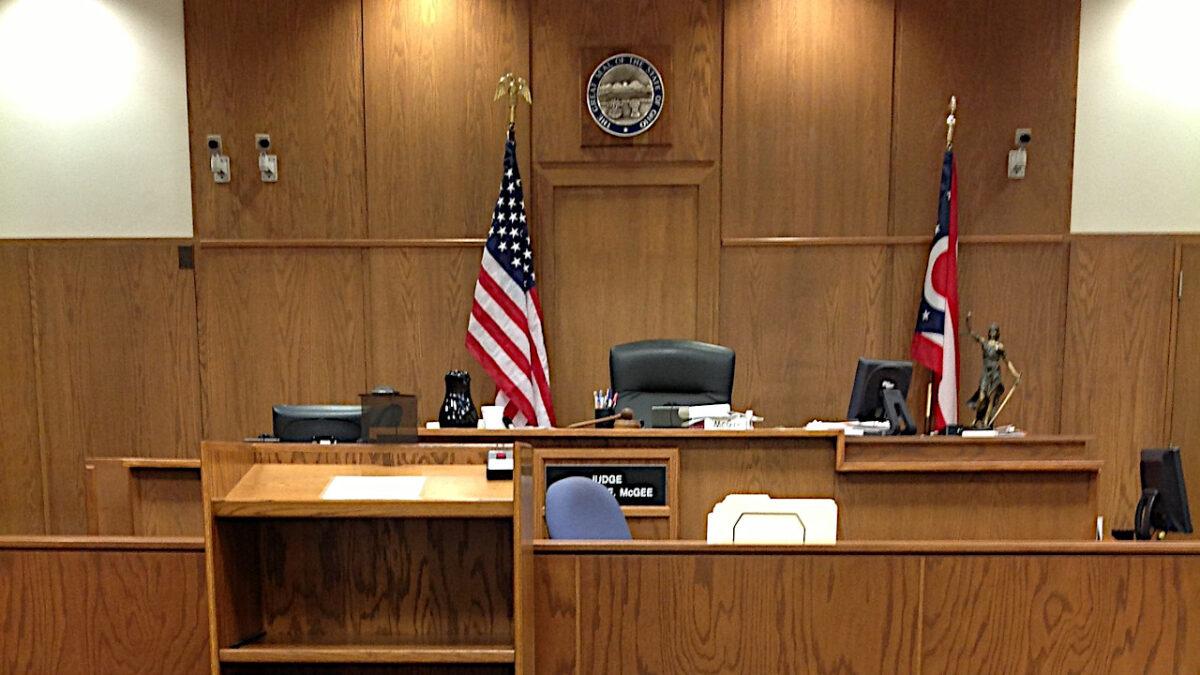This is the third and last part of the series on the Proper Role of Local Governments.
Judges
County Judges can be elected or appointed. I have seen both. It varies from state to state, and county to county. In Idaho, County judges are appointed. Nonetheless, the function of judges is clear: adjudication over cases brought before them, and administration of county courts.
Cities typically do not have City Courts. I certainly do not recall seeing any in Idaho. But, it is legal for Cities to have them.
It should be clear, however, that Judicial function is part of the overall role in Local Governments. Within a County, Separation of Power exists. That structure not only mirrors that of the Federal government but is the foundation of our government system presented to us by our Founding Fathers.
County Commissioners
Perhaps a County Commissioner is equivalent to the “captains over thousands,” as described by Moses in Deuteronomy. Of the elected positions listed, Commissioners have the most and heaviest responsibilities. The 9th and 10th Amendments state that powers not specifically delegated to the Federal Government are retained by the States and the People. State powers are enumerated in the State Constitution. Everything else rests with the People, represented in Local Governments by Commissioners on the County level.
Let’s explore this concept deeper. What branch of government do County Boards of Commissioners belong to? Legislative. As such, the County Commissioners pass ordinances (laws), resolutions (government commitments), and budgets. In other words, the Commissioners can enact laws that govern and impact our lives. They can also pass resolutions committing the County to do something. Finally, the Commissioners pass budgets that make the laws they pass possible, and force the honoring of the commitments they have made. The budget process also enables them to have jurisdiction over the various County departments.
A further question needs to be asked: Where then is the Executive branch? During the Constitutional Convention, there were several proposals to break up the Executive branch into several branches. Virginia, for example, proposed seven Executive Heads as opposed to one President. Although the Virginia proposal did not pass, the concept of breaking the Executive Branch into smaller branches is not new.
On the County level, the Executive branch is divided by the various positions already mentioned, as well as some other appointed positions that are necessary for the normal operation of the County.
Idaho Freedom Foundation
For law enforcement and the protection of the people, we elect a Sheriff.
For accountability and proper disbursement of funds, we elected a Treasurer.
For the protection of our property rights, we elect an Assessor.
To ensure respect for the sanctity of life, we elect a Coroner.
The elected positions indicate the role of local governments. Local government exists for the protection of life, property, safety (and liberty), provide accountability of collected taxes, and provide judicial functions.
To keep up with the modern times, the County Commissioners will often appoint a Public Works Director, a Planning Director, a County Engineer, a County Council, a Human Resources Director, etc.
It is my hope that by understanding the Proper Role of Local Governments we can appreciate their functions and exercise our vigilance accordingly.



2 replies on “Proper Role of Local Governments, Judges and Commissioners”
Why does this article randomly say: Idaho Freedom Foundation at the end?
Assessors do not protect property rights…they assess the value of the property to charge taxes. Protection of our property/land comes through the Land Patent that is Allodial Title and executed by Treaty. The Assessor’s role needs to limited to only commercial ‘for profit’ property. We aren’t supposed to be charged or pay taxes on our Land. This was changed by unlawful conversion via the birth certificate during the FDR administration known as The Great Fraud. No American who has Land should be paying property taxes!